-
Executing Python scripts with Arc
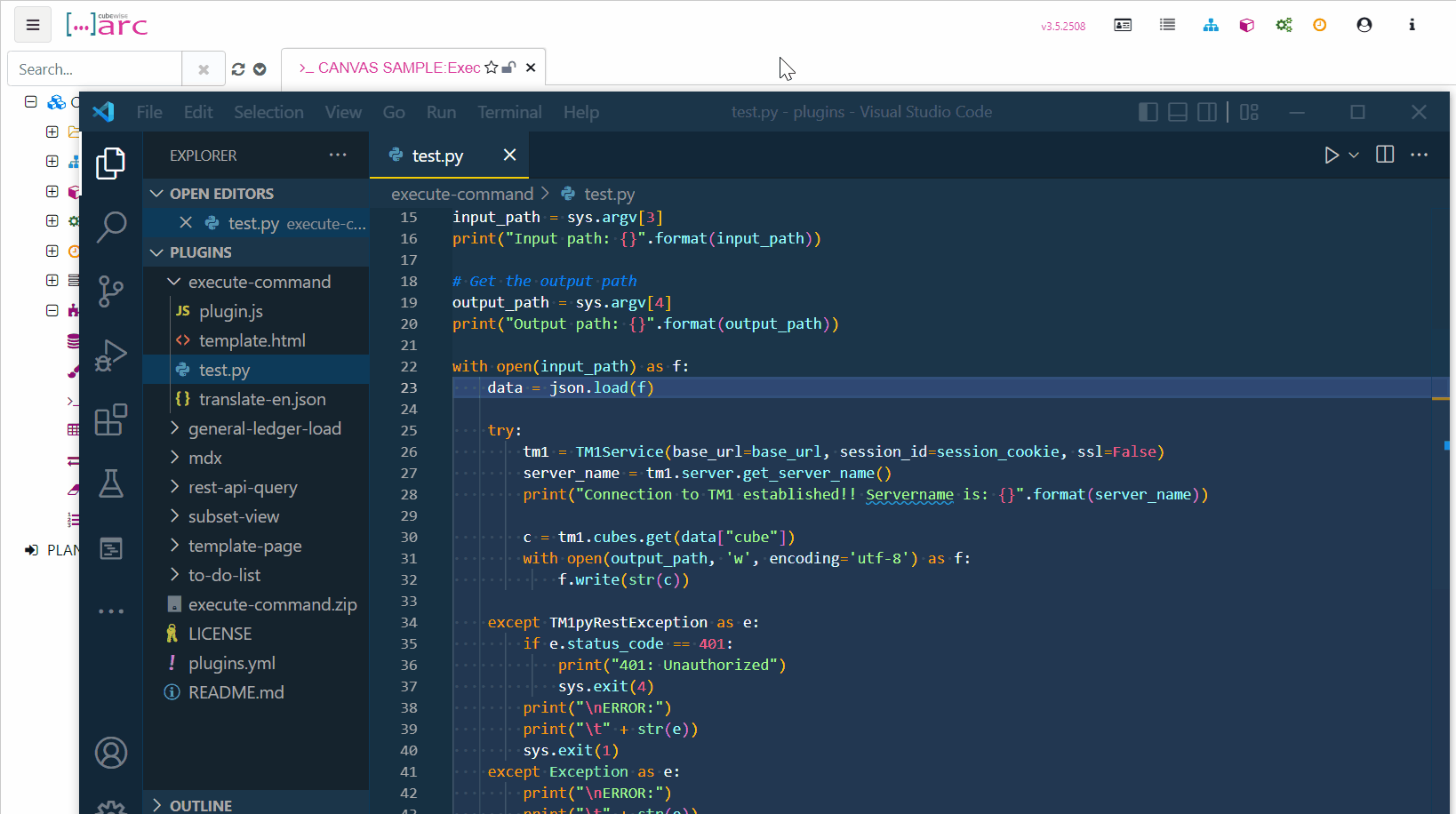
Starting with Arc v3.5, Arc can execute Python scripts and retrieve the results. There are two main advantages of using Arc to execute your Python scripts:
-
Introducing MDX Forms in Slice for TM1
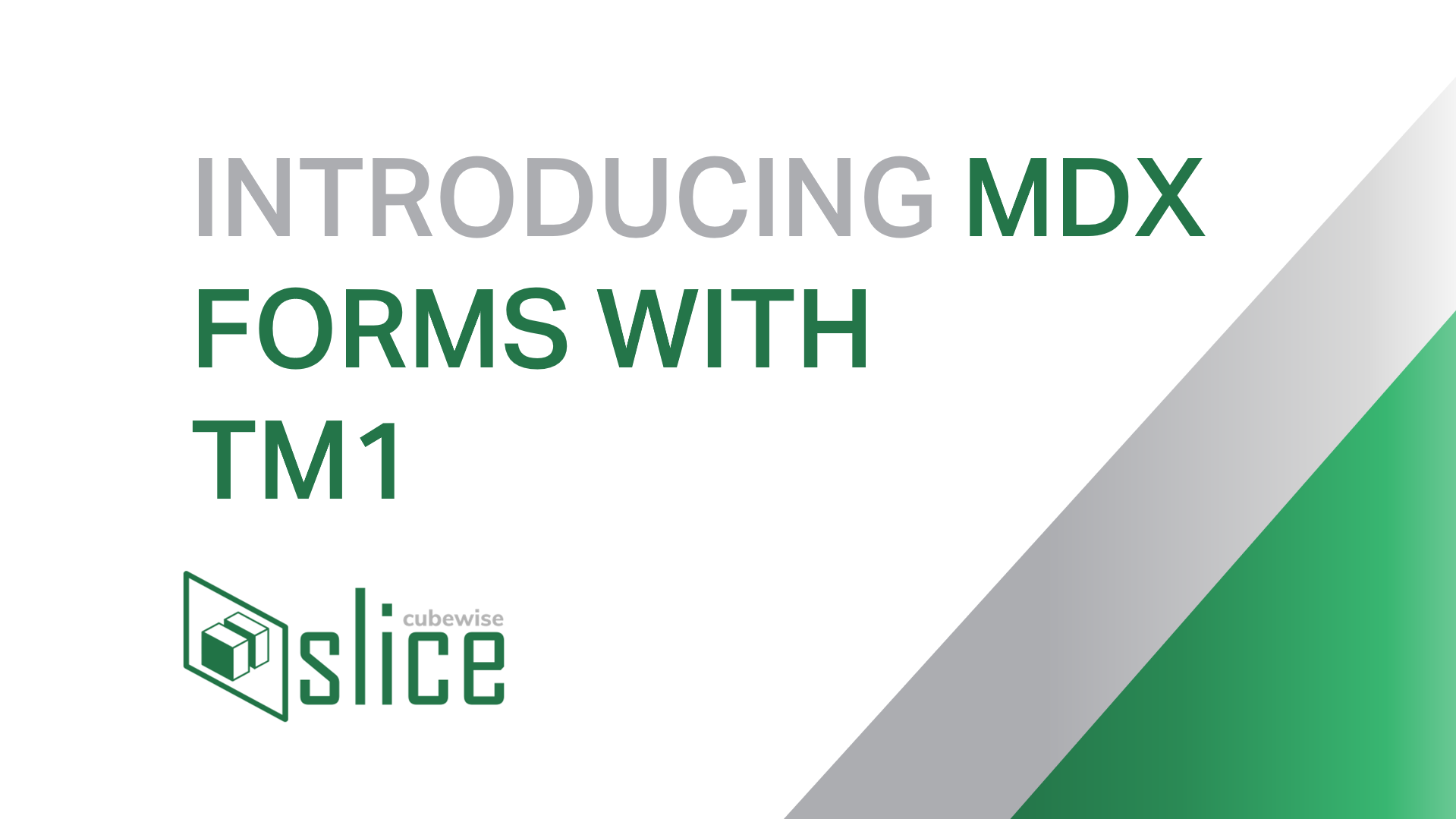
We’ve always been working to push the boundaries with our Slice offering and we’re excited to announce the new version (v3.3) introduces a brand new way to build Excel reports with IBM Planning Analytics (TM1). We’re calling it the MDX Form. This particular report is driven by one MDX query making it much faster and…
-
Format Code Settings in Arc
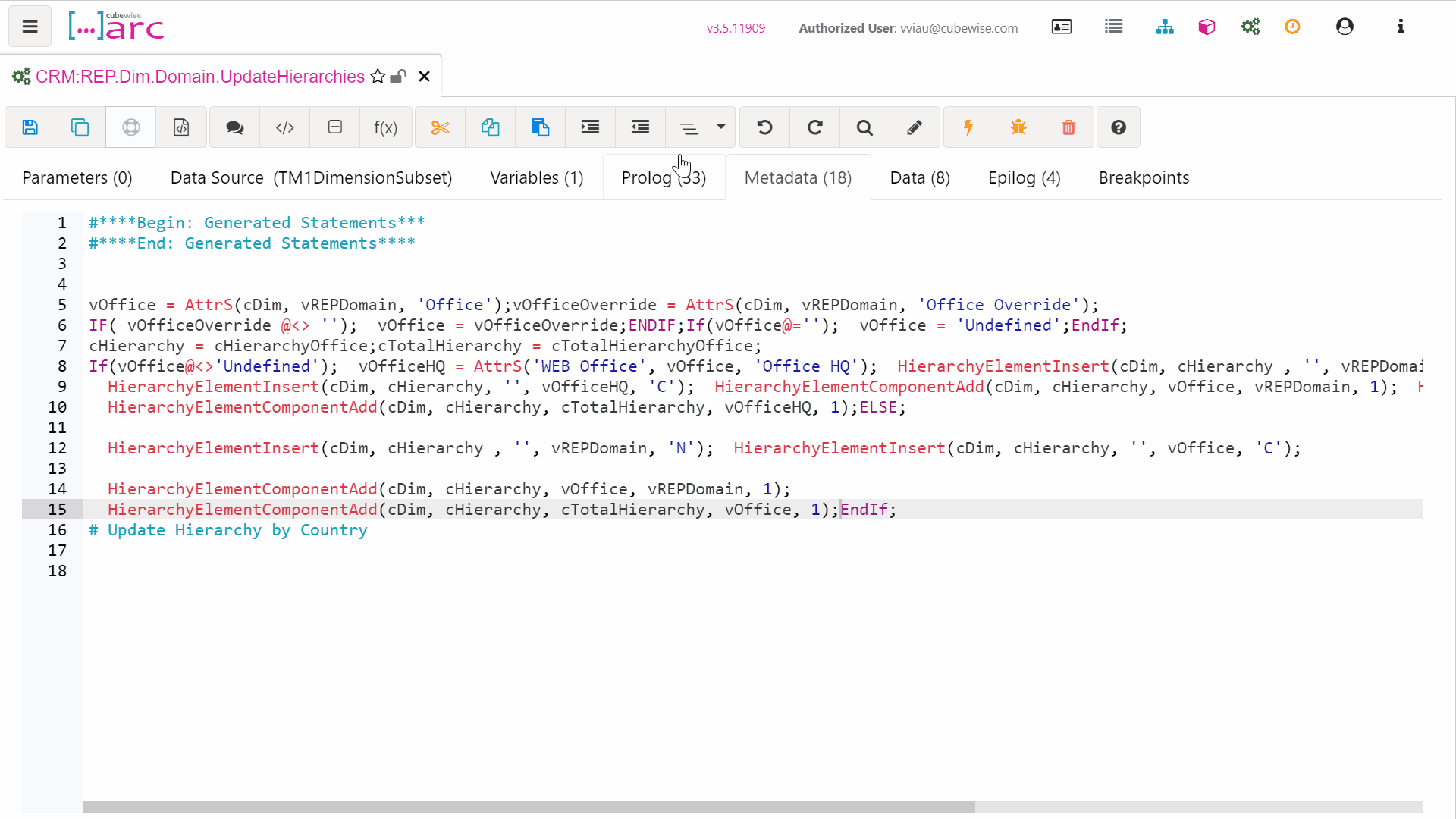
Arc v3.4 introduces a new feature enabling you to format your code. It makes it easier to apply your standard practices across your team.
-
Customising Your Email Alerts (Pulse 6+ versions)
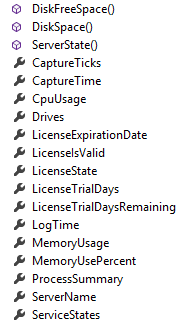
Pulse now enables you to customise the email that is generated based on alert criteria. This is useful if you want to integrate the Pulse alerts into an existing help desk/ticketing system that accepts email as a ticket input source.
-
Using the Report Burster in Slice
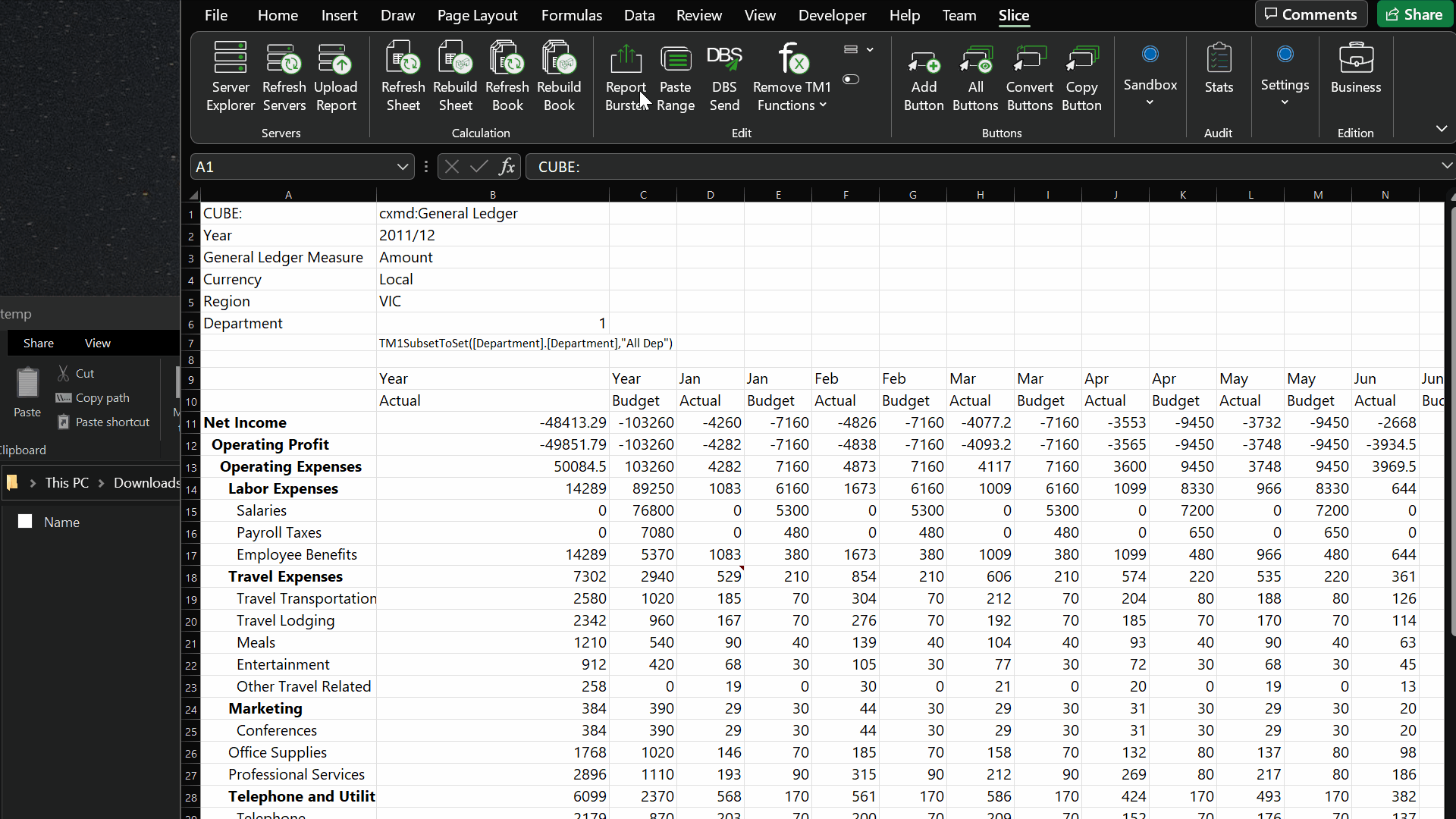
This article explains how to use the Report Burster feature in Slice:
-
Building a MDX Form in Slice
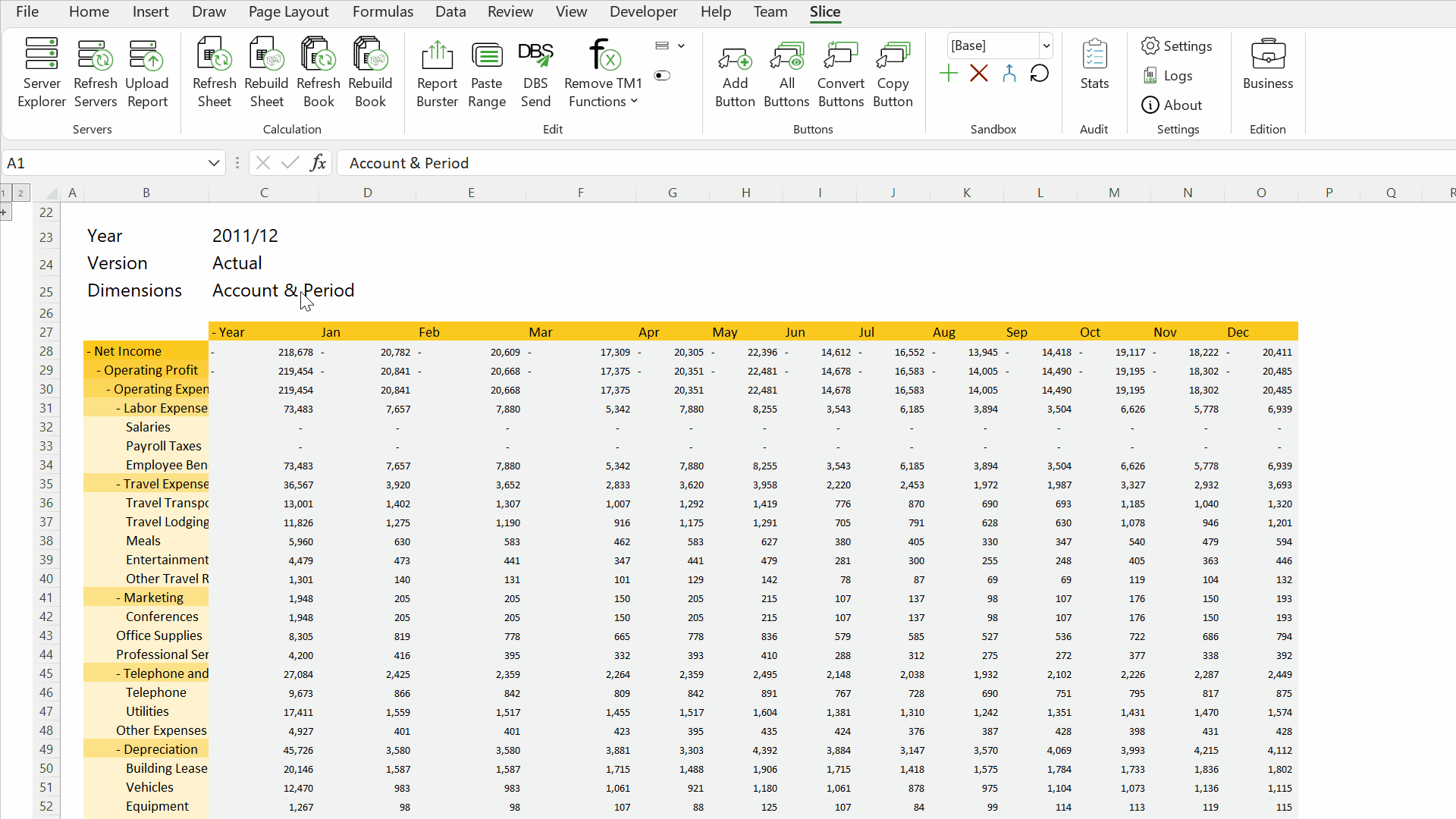
Slice v3.3 introduces a new way to build reports, it is called MDX Form. This report is driven by one MDX query bringing the following advantages:
-
Using the View Style Editor in Arc
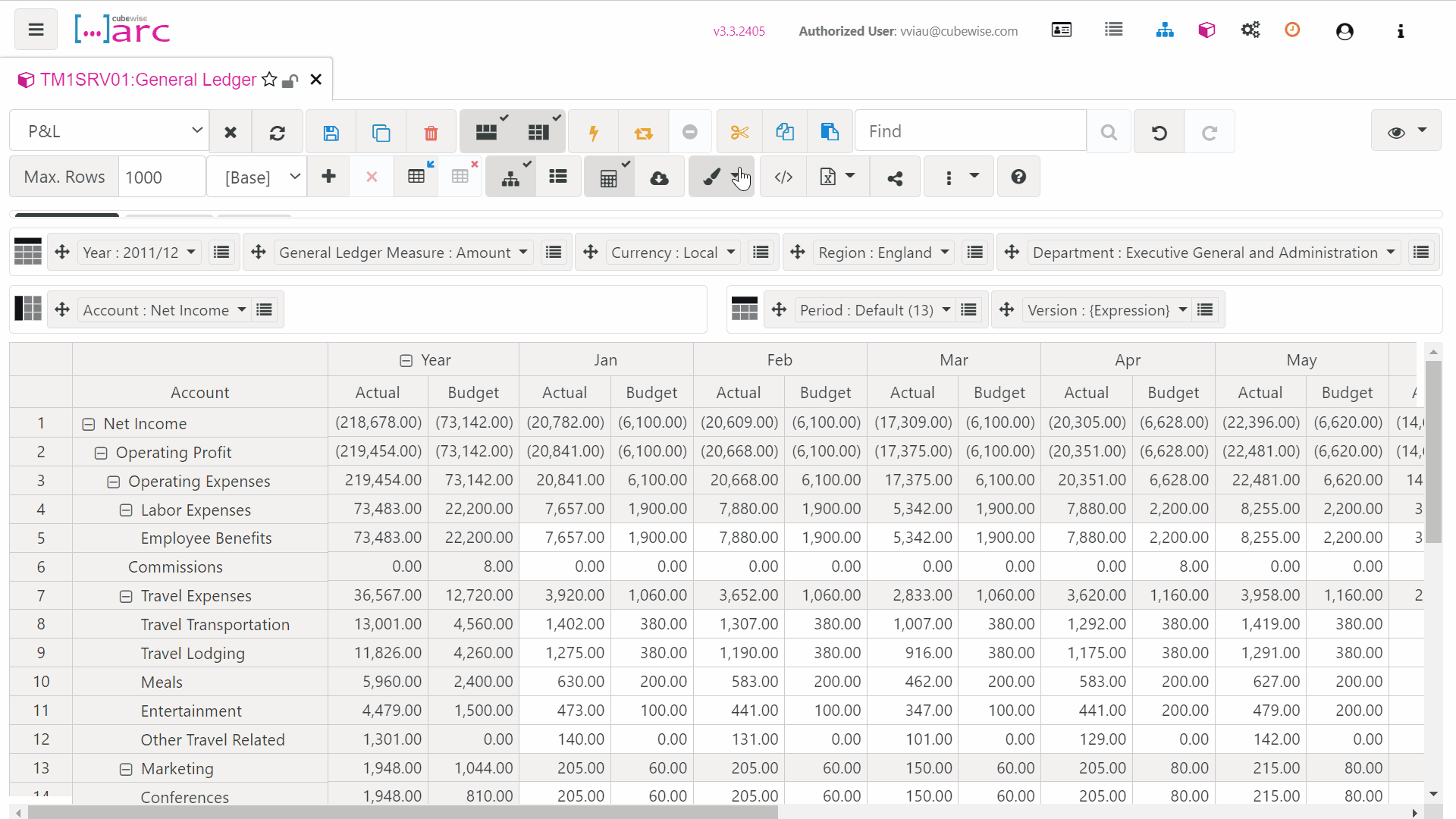
Starting with Arc v3.3, the cube viewer comes with styles! From a cube view, you can select the style you want to use and access the View Style Editor to create your own styles.
-
Pulse User Manual
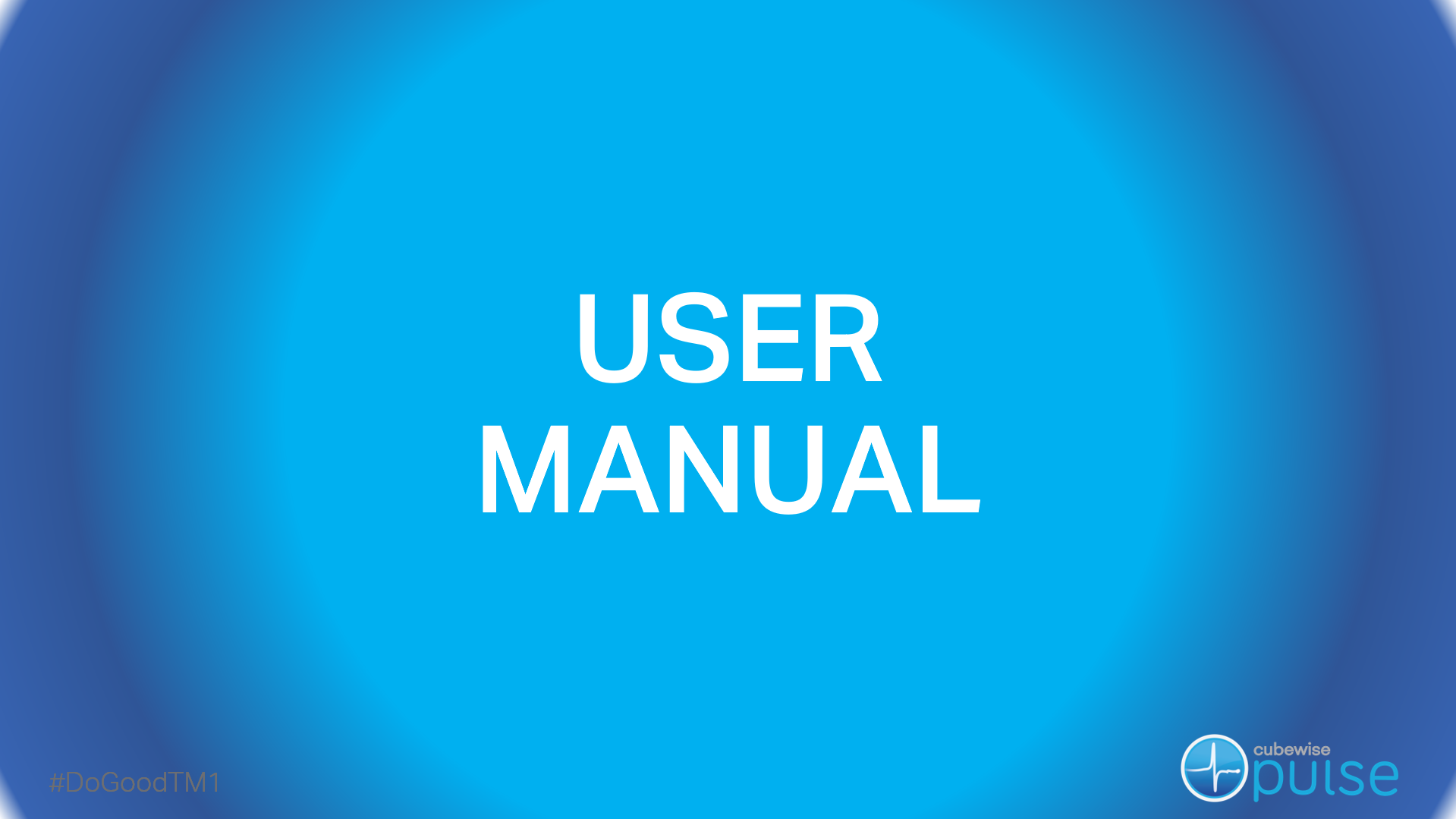
The objective of this user manual is to walk you through all Pulse features and point you to the right location for further information.
-
Getting started with Pulse v6
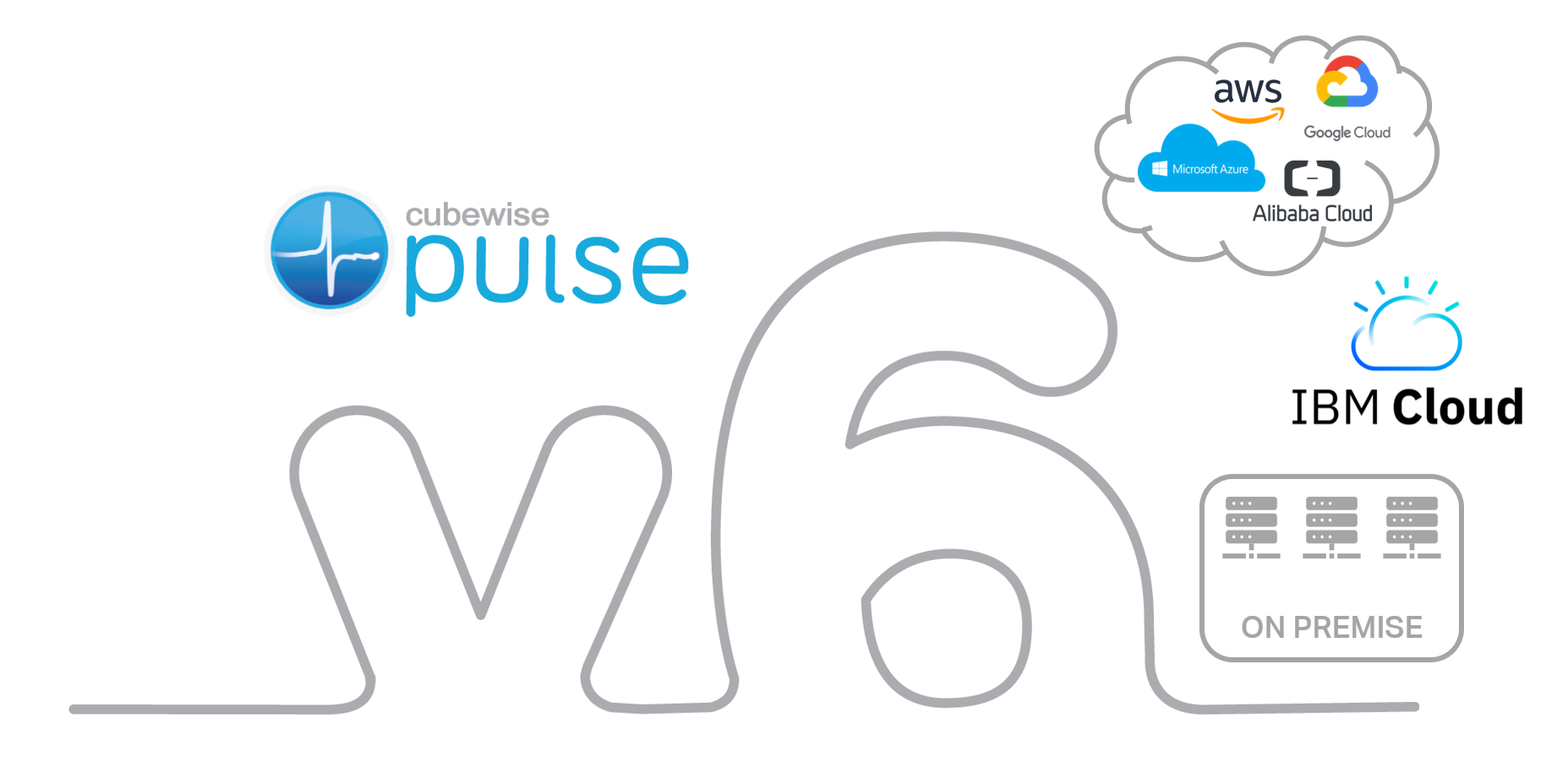
Pulse v6 was rebuilt using the REST API allowing a single Pulse Application Server to monitor many TM1 servers. This version includes many new features such as the Pulse Explorer (bringing a new way to easily view what is happening on all your TM1 instances second per second) and support for hierarchies.
-
Installing Pulse on Linux

Starting with Pulse v6.1, Pulse can be installed on a Linux server. The recommended Linux version is Red Hat Enterprise Linux 8.4. Given the nature of CentOS, this may run on that environment too.